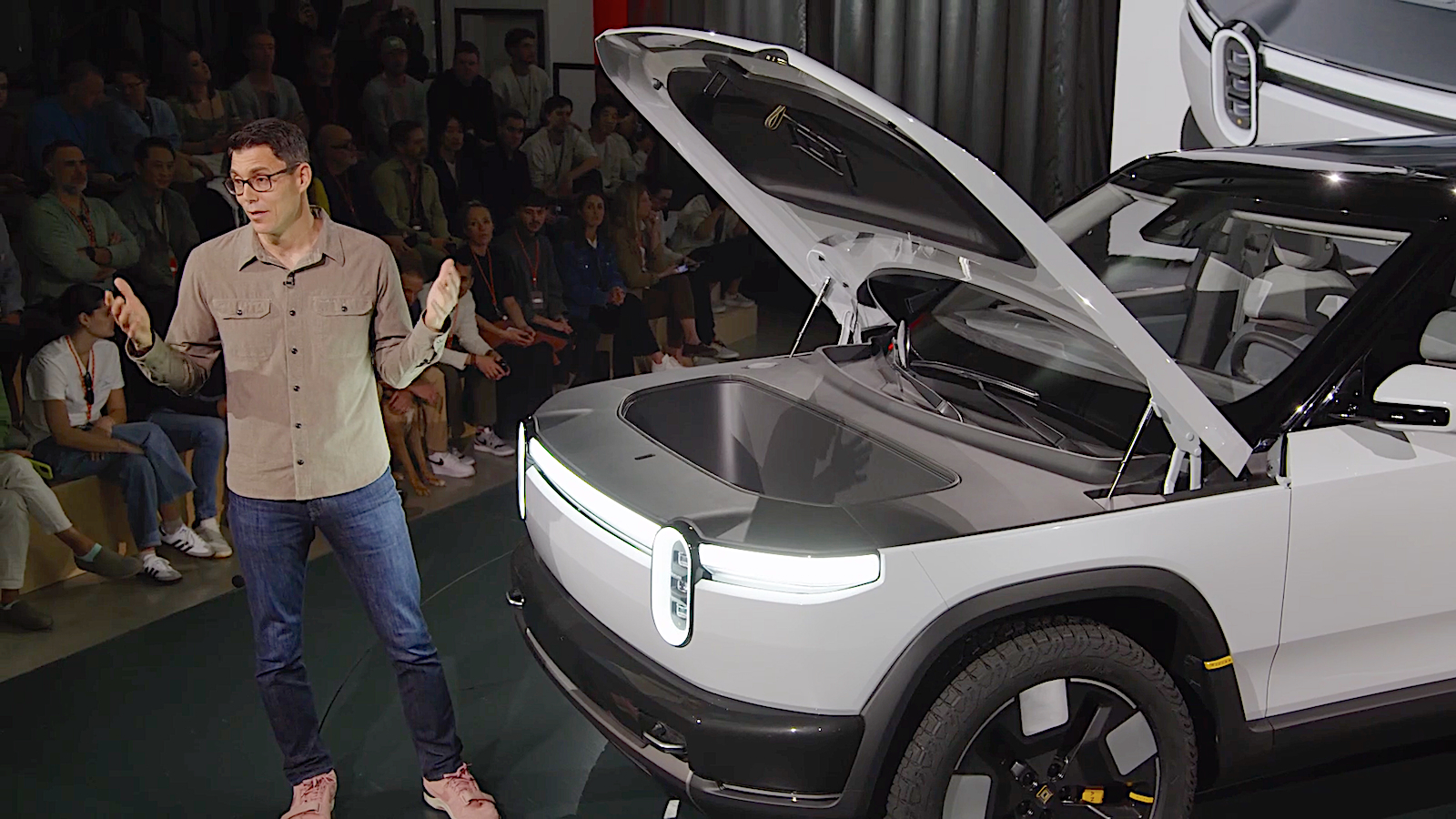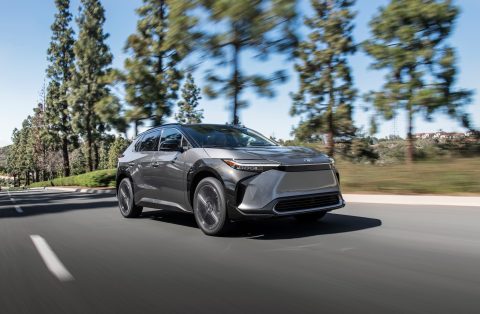Georgia politicians can now breathe easier as Rivian’s plans to build an electric vehicle production plant about an hour north of Atlanta appear to be back on track. The California-based EV maker secured a $6.6 billion loan from the Department of Energy to build the plant, which was put on hold earlier this year. The loan comes in addition to $1.5 billion in state incentives already granted.

CEO RJ Scaringe says the loan allows the company to “aggressively scale” its U.S. manufacturing footprint.
The company, which plans to begin production of vehicles at the site in 2028, received a conditional commitment from the Dept. of Energy to fund the loan, which includes $6 billion in principal and $600 million in interest.
The DOE and the company must satisfy certain technical, legal, environmental, and financial conditions before the Department of Energy enters into definitive financing documents and funds the loan.
How long?
Rivian officials didn’t set a timeline meeting the conditions to get the money, but told Headlight.News they expected to close “quickly” and that the company has a “good relationship with” the agency.
Officially dubbed the U.S. Department of Energy’s Advanced Technology Vehicle Manufacturing (ATVM) Loan Program. It was established in 2008 to incentivize automakers to find ways to build more fuel efficient vehicles to lessen the country’s dependence upon foreign oil.

CEO Scaringe said the company accelerated the production timeframe for the R2 at its Normal, Illinois plant to save $2 billion.
General Motors, via its Ultium Cells subsidiary, Ford and Tesla have received loans from the program in the past, and many close within a few months. In short, the change in presidential leadership isn’t expected to impact the company’s ability to get the money.
“This loan would enable Rivian to more aggressively scale our U.S. manufacturing footprint for our competitively priced R2 and R3 vehicles that emphasize both capability and affordability,” said Rivian Founder and CEO RJ Scaringe. “A robust ecosystem of U.S. companies developing and manufacturing EVs is critical for the U.S. to maintain its long-term leadership in transportation.”
Delayed plant
The company announced plans to build the plant in 2022, but after starting to prep the site for construction, the company elected to temporarily halt its efforts on what was then described as a $5.5 billion project.
Scaringe said during the introduction of the R2 and R3 lines in March that production schedules at the company’s Normal, Illinois plant were “accelerated,” in order to get the vehicle into the hands of the public as quickly as possible. The move to build the R2 at its plant in Normal, Illinois was a bit of surprise.
Production at the Normal plant has slowed, mirroring EV sales in the U.S. so the company elected to reconfigure the plant to handle production of the R2, securing $827 million in incentives from Illinois to make it happen. Scaringe said at the time starting production of the R2 in Illinois will save the company more than $2 billion.
More Rivian Stories
- Rivian Surprises with Three New Electric Vehicles: R2, R3, R3X
- Rivian Slashes 10% of Salaried Staff, Trims Production as EV Sales Growth Slows
- Rivian Poaches Top Apple Exec, Other Talent, Despite Ongoing Problems
What’s being built
Rivian already builds vehicles out of a converted Mitsubishi plant in Normal, Illinois. In fact, the R2 vehicle line, which was expected to be built in Georgia, will begin its life in Normal and shift to Georgia after its built. Later the smaller R3 line will be added to the facility.
Rivian intends to build the facility in two phases, each resulting in 200,000 units of annual production capacity, for a total of 400,000 units of annual capacity — supporting the sale of American EVs in international markets.
Phase 1 of the project is expected to start production in 2028. Rivian is expected to create approximately 7,500 operations jobs through 2030 at the company’s future manufacturing facility in Georgia.
This is in addition to 2,000 expected full-time construction jobs that will utilize the region’s significant talent and workforce to further strengthen the domestic EV ecosystem, Rivian officials noted.










Wouldn’t have happened with a real president (after 1/20/2025).
LMFAO…we’re all in trouble (after 1/20/2025).